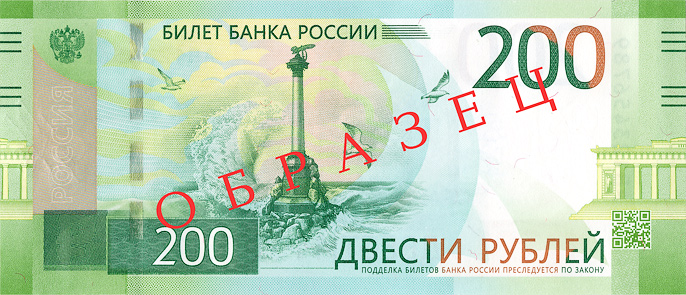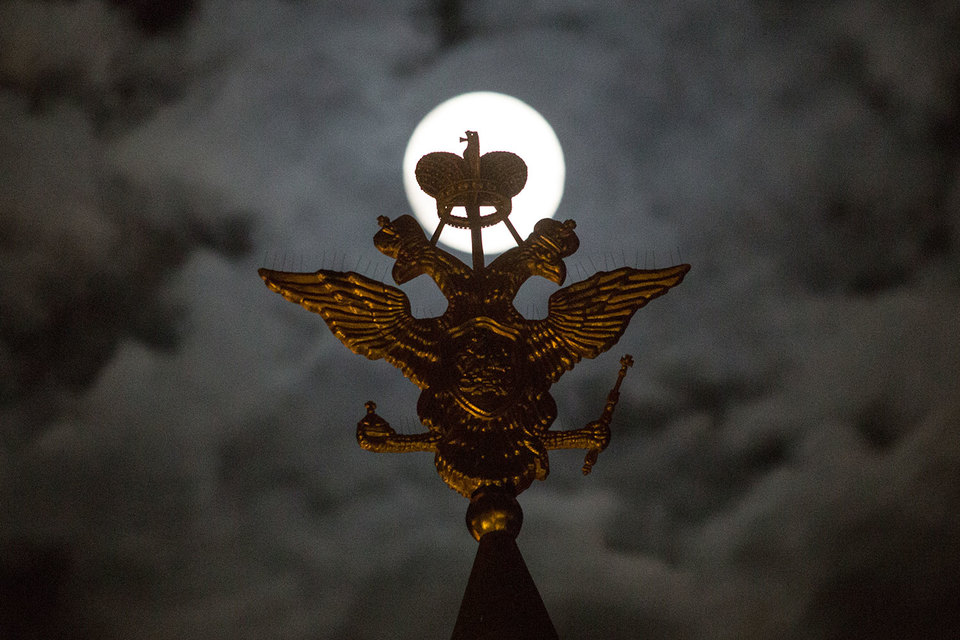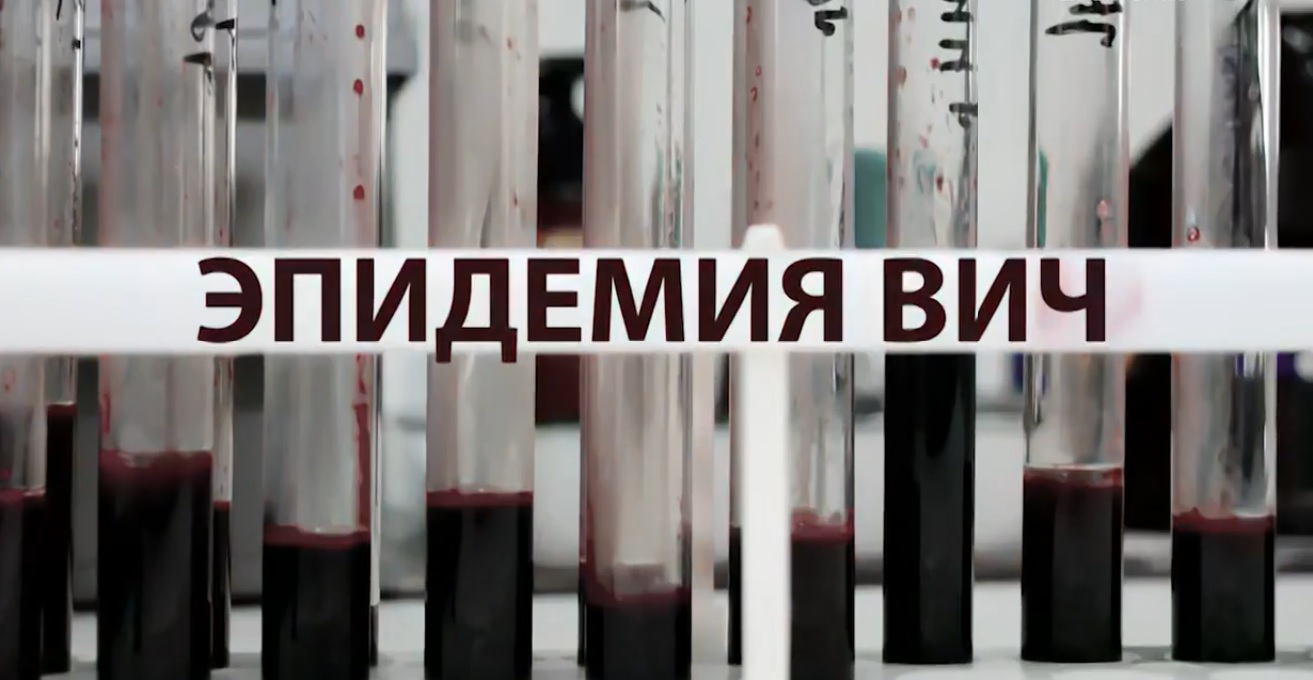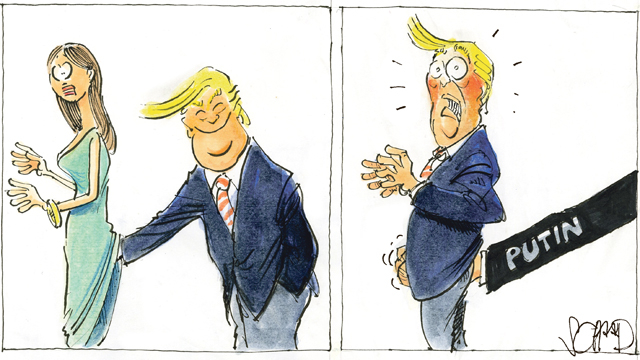For the past decade, the number of Russians infected with HIV has increased ten percent every year and now exceeds 1.5 million – slightly more than one percent of the population and a figure that exceeds the ability of the Russian health care system to cope, according to Federal Press’s Aleksandr Sadovnikov.
The situation is compounded, the journalist reports
, by the presence of “more than 100,000” HIV infected foreigners in Russia on a temporary basis – mostly gastarbeiters – as well as by a shortage of money for medicines. As a result, 20 percent of those infected still die each year either from AIDS, other illnesses or suicides.
The epidemic is not equally spread across Russia, Sadovnikov continues. Half of all of the new cases of HIV infection are from only 22 of the country’s subjects, with six regions – Moscow, St. Petersburg, Yekaterinburg, Moscow oblast, Krasnoyarsk kray, and the Khanty-Mansiisk Autonomous District being the leaders.
Nonetheless, “more than 90 percent” of infections come from just two activities – drug use and unprotected sex – with just under half of these from sexual contacts.
A few days ago, Prime Minister Dmitry Medvedev ordered an expanded effort to prevent the spread of HIV and treat those with AIDS, but experts say that while the government’s expanded focus is welcome, the success of this effort will depend on whether Moscow funds the effort and follows up, something it has not done in the past.
Related:
- Putin’s health cuts have made Russia into ‘epicenter of HIV/AIDS epidemic’
- HIV/AIDS epidemic in Russia ‘out of control,’ health minister says
- Downward spiral: Russia now has more HIV/AIDS cases than all of Europe
- Putin government stopped fighting HIV/AIDS, Russia ‘at the edge of generalized epidemic,’ Pokrovsky says
- “Putin is War; Putin is Death” and other neglected Russian stories
- What the war in Ukraine and fight against AIDS have in common





